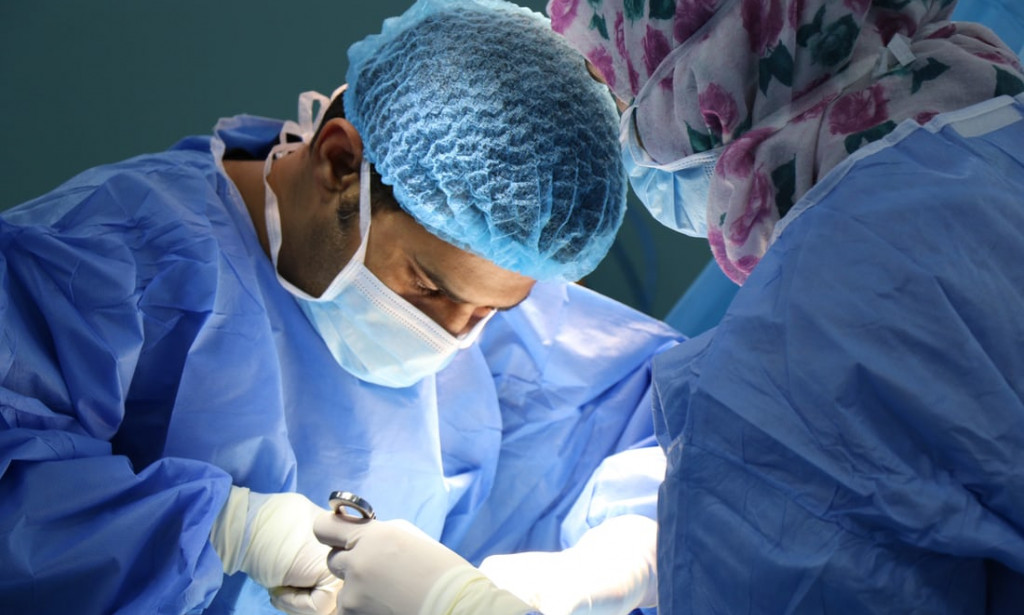RESIDENCY:THE CHOICE TO MAKE.
All is well that ends well.
The life of a medical doctor is always well defined and as such calls for series of decision making in each ending progress.
Residency is one of such beginning of an ended progress.
It is a crucial point for a grave decision making and self particularity in this great field.
Residency or postgraduate training is specifically a stage of graduate medical education. It refers to a qualified physician who holds a degree of MD, DO, MBBS, MBchB who practices medicine under the direct or indirect supervision of a senior medical clinician registered under your specialty such as an attending physician or consultant. An individual registered under this training is referred to as a resident, registrar or trainee. Residency maybe followed by fellowship or sub specialty training.
Students begin their preparation for a medical residency in the fall of the year preceding their graduation.
The student has a choice of choosing a residency field that is either over or underserved,medical specialties or subspecialties (such as surgery, orthopaedics, dermatology) are considered as over-served. General surgery has five(5) years of residency, Thoracic surgery has five (5) years of general surgery and two(2) additional years.
In choosing a residency specialty,there are several things to consider some of which are:
Consider the quality of the faculty:are they challenging or interesting enough to let you exercise your knowledge,learn before you graduate?.
Consider the location:is the place in an area where you did like to live, interact and relax during leisure times?.
Ask about the strength and weaknesses of the program, knowing deeply about each program and what they are or what they can offer,helps you make an informed decision.
Take time to socialize with nurses during your time as they are the people you will work with for a period of your life. Keep in mind that if you choose a specialty or subspecialty that is very competitive and in high demand that restrict your choices to one location,you may not get a residency in your year of graduation.
The residency matching process,advices that candidates apply to many places and rank them. Candidates do not have overall control of their residency locations as the residency matching process ranks the program with the candidates ranks. The residency programs easiest to get into is the family, psychiatry and paediatrics programs while the easiest of them all is psychiatry followed by family medicine.
The most competitive residency program is the general surgery for which has a 38% probability of matching,with a step 1 score of 200 and 93% probability of matching,for a step 1 score of 240. At this rate,choice making is becoming a little more easier than it seemed and a candidate considering all the odds will make a good choice.
Do medical students get paid during residency?
This a question I guess would fill the minds of most underlying graduates. Yes, residency candidates get paid, should I say well paid? As from the third year of training each residents or trainee get paid the same amount, also in the sixth year each residents get paid the same amount. Not minding the fact they all get paid the same amount, the surgical specialty department pay more as would be expected.
The highest paying medical specialties are in this order; Neurosurgery, Thoracic surgery, Orthopedic surgery, Plastic surgery to mention but a few. I should take time to explain a few categories in residency program which includes the physician, doctor, residents,medical students,fellows, attendings...
PHYSICIAN: A physician is a medical doctor either an M.D or D.O who has completed graduate training to provide health care. A physician maybe regarded as a doctor but not all doctors are physicians, an individual with a PhD such as a doctoral degree in chemistry is referred to as a doctor.
RESIDENTS: After completing a medical school, almost all doctors enter a residency program while some decide to practice independently. Some residency program may take two years like family medicine while general surgery is five years.
MEDICAL STUDENT: Individuals who are in medical school are referred to as medical students, they are not referred to as doctors until they graduate from medical school, once they graduate from medical school they are called physicians even though their training is not complete and they will continue to learn from experienced physicians for few years before practicing independently.
FELLOWS: A fellow is a physician who has completed their residency and decide to complete further training in their specialty. The fellow is a fully credentialed physician who chooses to pursue additional training, the fellowship is optional and a personal choice. After general surgery residency a physician is qualified to perform general surgery independently while the fellowship is necessary for more specific training such as paediatric neurosurgery.
ATTENDINGS: An attending physician has completed their training and is practicing independently in their chosen specialty. This term is used to differentiate fully credentialed senior level physicians from junior physicians who are still completing their higher education. In the hierarchy of physicians the attending is at the top while the medical students are at the bottom. Attendings may also be known as staff physicians or rendering doctors and may be trained as M.D or a D.O. M.D means doctor of medicine and D.O means doctor of osteopathic medicine.

You must be logged in to post a comment.